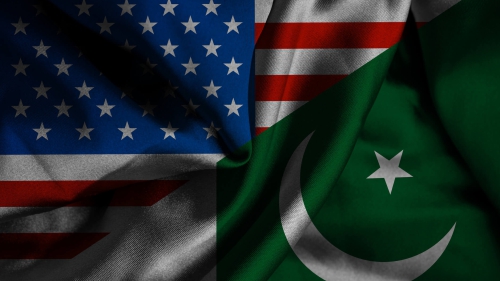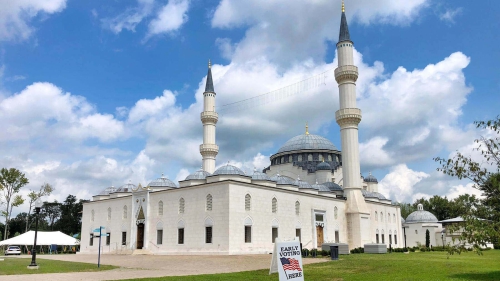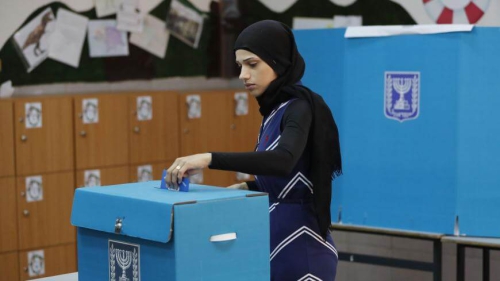Quiet War, Sleeping Nation

And the race goes on. So does the war, but you’d never know that the one had anything to do with the other.
Even when the mainstream media trouble themselves to acknowledge that the primary season remains open on the Democratic side, that Bernie Sanders — and his millions of supporters — are still in the race, the Bernie revolution is never portrayed as addressing foreign policy and the still-failing, still-catastrophic war on terror.
Yet the war is there, shredding the national economy as it shreds much of the Middle East and, indeed, the whole planet.
Noam Chomsky, in his new book Who Rules the World?, quoting terrorism specialists Peter Bergen and Paul Cruickshank, says the Iraq War “generated a stunning seven fold increase in the yearly rate of fatal jihadist attacks, amounting to literally hundreds of additional terrorist attacks and thousands of civilian lives lost; even when terrorism in Iraq and Afghanistan is excluded, fatal attacks in the rest of the world have increased by more than one-third.”
Perhaps this is something to think about as we watch and read the “news”: America’s quiet, background war, having burned through a few trillion dollars so far and resulted in perhaps 2 million deaths, continues unchecked and unquestioned even as it perpetuates terror, the very thing it’s purporting to eliminate. This war is not only wrecking lives well beyond the national zone of awareness, it’s arguably contributing to, if not causing, the economic chaos roiling the political status quo in this election season.
Shhhh. Don’t tell anyone.
Our news purveyors purport to analyze the mood and will of the electorate via polls and apparently secret access to conventional wisdom, which somehow links the collective public mind with the nation’s political movers and shakers, e.g.:
“For Sanders,” according to CNN, “West Virginia offers a chance to leap back into the political spotlight and confound hardening conventional wisdom that he is an afterthought in the race . . .”
But at least this tidbit of information keeps Hillary’s challenger alive. Much of the election coverage has already moved well past what’s left of the primary season to the general election, where Hillary Clinton’s primary task is deciding whether to reach out blatantly to Republican voters who hate Donald Trump or continue doing her best to appease Bernie supporters so that they won’t go Green or stay home.
Sanders’ vow to stay in the race through the entire primary season and, even if he fails to win enough delegates to be nominated, to fight for the insertion of progressive values into the Democratic Party platform — in the process, perhaps interfering with Clinton’s efforts to woo Republicans — at least establishes the point that elections are about values. Even a point this wan and miniscule represents progress compared to recent presidential races, though, alas, hardly sufficient to turn the Democrats into the party that eschews perpetual war or stands up to the Big Money and the interests of the corporate elite.
This is the logical progression to cynicism, something that worries me as much as anything else about American democracy. So once again I quote Chomsky:
“Returning to the opening question ‘Who rules the world?’ we might also want to pose another question: ‘What principles and values rule the world?’ That question should be foremost in the minds of the citizens of the rich and powerful states, who enjoy an unusual legacy of freedom, privilege, and opportunity thanks to the struggles of those who came before them, and who now face fateful choices as to how to respond to challenges of great human import.”
The point I’m struggling to make is that democracy isn’t easy. Peace isn’t easy. Those who wage peace have to do so independent of global political and economic structures, and independent of much of the mainstream media.
What principles and values rule the world?
This question is so easily belittled by those who are troubled by it, so easily dismissed from coverage and discussion of the presidential race. But something remarkable has indeed been happening this time around.
On one side of the aisle, so to speak, the Trump campaign surges forward with bombast and ego, led by a candidate who, with sheer irreverence for political correctness, ignites the hope of those who remember the scapegoats of the good old days and forges political unity out of the possibility of their return. The Republicrat status quo, having abandoned these voters in all but rhetoric for so long, is forced to confront its own breakdown. The media ogle the spectacle.
On the other side of the aisle, the Sanders campaign has forged a far different sort of unity, out of the question Chomsky asks: What principles and values rule the world? This is a unity that transcends obvious, ego-fixated self-interest and reaches beyond nationalism, corporatocracy and the inevitability of war.
Bernie has planted the question at the level of national politics. If he fails to gain the nomination, how do we keep this question politically alive? Let me know what you think.
*****
Robert Koehler is an award-winning, Chicago-based journalist and nationally syndicated writer. Contact him at [email protected] or visit his website at commonwonders.com.
© 2016 TRIBUNE CONTENT AGENCY, INC.

















